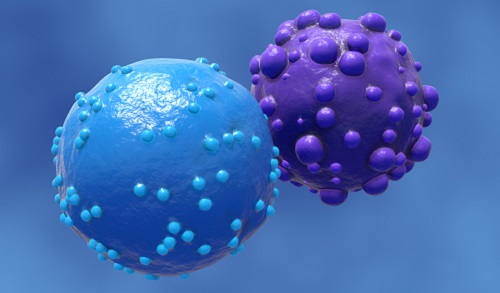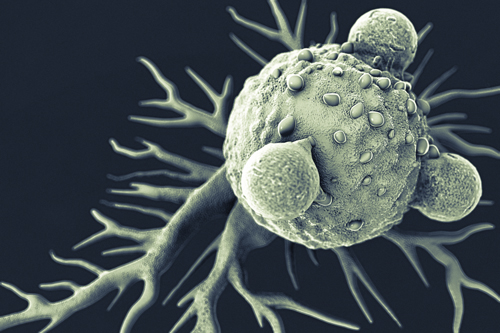One of the advantages of CAR T-cell therapy that targets the C19 tumor antigen is that C19 is not found on other cells except B cells, sparing other healthy tissues.
B cell aplasia occurs due to “on target-off tumor” toxicity, where the CAR T-cells destroy normal B cells. B cell aplasia is defined as low or absent B cells and is an expected side effect of CAR T. Depletion of B cells is near universal in patients treated with CAR T-cell therapy. Due to B cell depeletion, antibodies are not produced as readily and can lead to an elevated infection risk. B cell aplasia is managed with monthly intravenous immunoglobulin (Ig) infusions.
CAR T-cells can persist in a patient after infusion, and this effect can augment prolonged remissions, but also lead to prolong B cell depletion. It is not not known if B cell aplasia will be an ongoing or reversible effect over time. Researchers are still learning about the length of B cell aplasia due to CAR T, reported to last from months to years.



